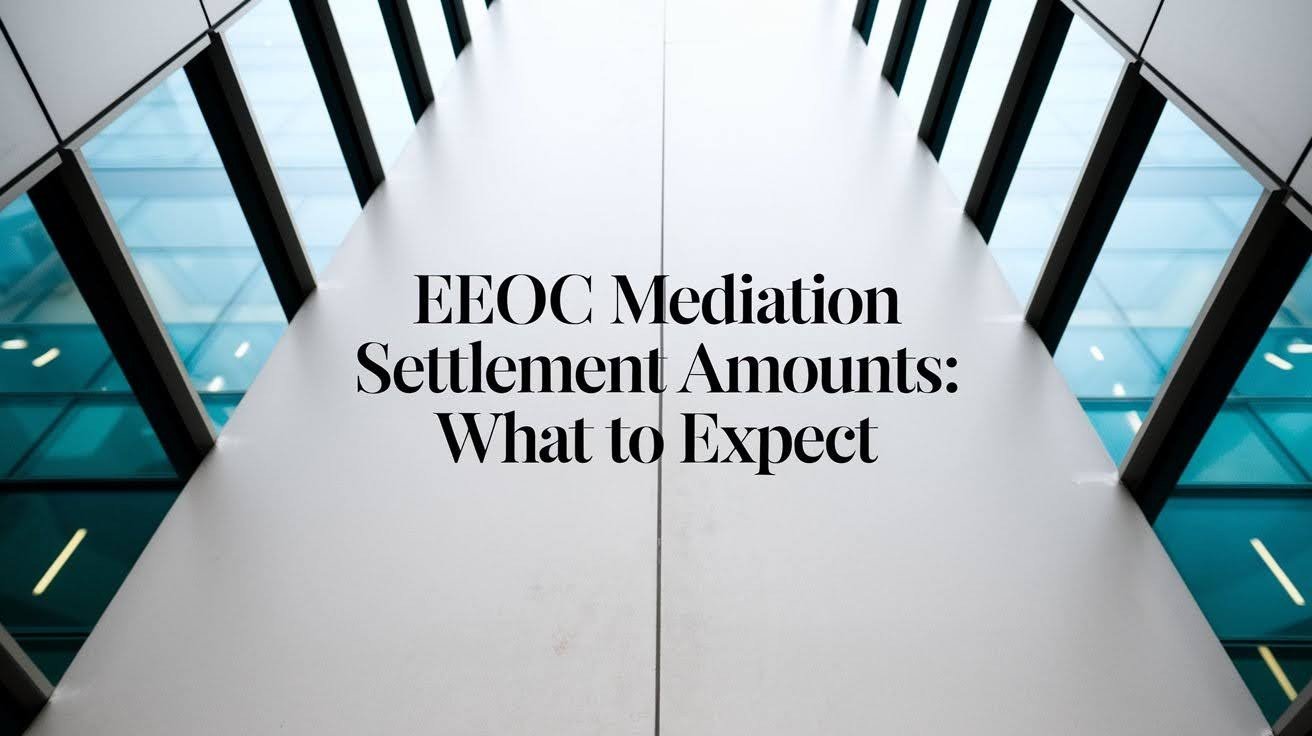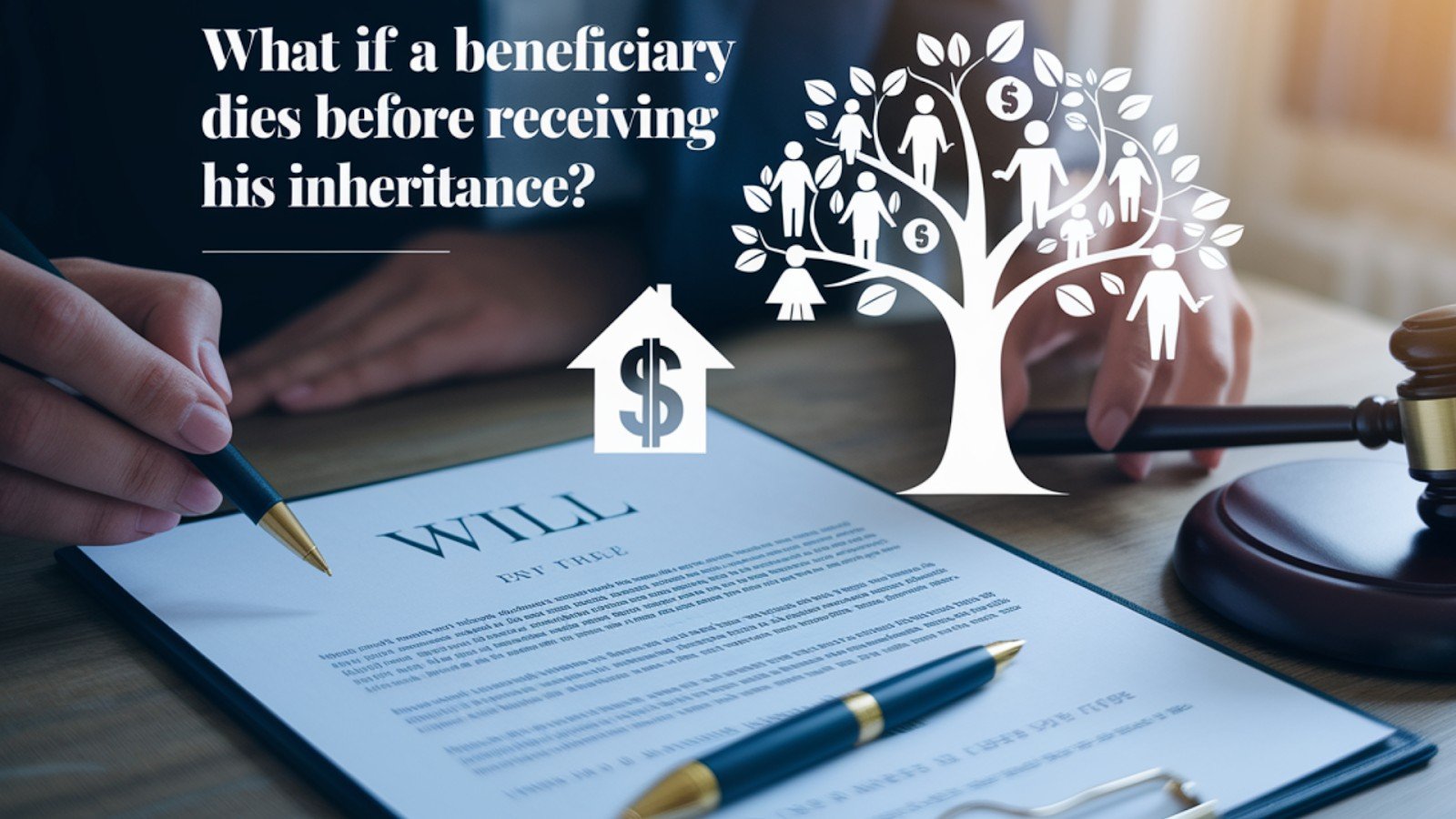Planning for retirement brings many questions. One of the biggest ones is timing your announcement. Many workers think about how much notice to give when retiring. This is especially true after years of working hard for their company.
Getting this timing right matters for your work reputation and friendships with coworkers. It can also affect future opportunities. Too little notice can damage relationships, while too much might create problems at work.
This guide will help you understand the right amount of notice for your situation. You’ll learn about what the law requires, what people expect professionally, and helpful tips for announcing your retirement smoothly and professionally.
How Much Notice Should You Give Before Retiring?
The question of how much notice to give when retiring depends on your role and the company’s needs. Most employment laws require only 30 days’ minimum notice, but professional standards suggest much longer timeframes.
For regular employees, giving 6 months’ notice shows respect for your employer and coworkers. This timeframe allows proper training of your replacement and a smooth handover of responsibilities. Many professionals find this period works well for maintaining good relationships.
Senior managers and executives should plan for 3-6 months minimum, with some cases requiring up to 5 years for complex succession planning. Business owners need the longest lead times, often planning their exit strategy 3-5 years in advance to ensure company stability and value protection.
Legal Requirements vs Professional Standards
Most states only require 30 days written notice for retirement, as employment contracts rarely specify longer periods. However, professional courtesy expects much more than legal minimums.
| Position Level | Legal Requirement | Professional Standard |
| General Employee | 30 days | 6 months |
| Mid-Management | 30 days | 6-12 months |
| Senior Executive | 30 days | 3-6 months minimum |
| Business Owner | 30 days | 3-5 years |
Following professional standards protects your reputation and maintains positive relationships. Industry-specific considerations may require longer notice periods, especially in specialized fields where replacements are hard to find.
Why Give Advance Notice When Retiring?
Giving proper advance notice when retiring creates smooth transitions for everyone involved. Your employer gets time to find and train a replacement, while your coworkers can prepare for workflow changes. This consideration builds lasting goodwill in your professional network.
Long notice periods often lead to consulting opportunities after retirement. Former employers may ask you to help train new staff or handle special projects. These arrangements can provide extra income and keep you connected to your field.
Your company benefits from knowledge transfer time, succession planning opportunities, and maintained business relationships. Personal benefits include positive references, smooth benefit transitions, and a strong professional legacy that opens doors for future opportunities.
Special Considerations for Different Career Levels
Different career levels require different approaches to retirement timing. Your position’s complexity and company impact should guide your notice period decision.
- Minimum 3-6 months notice, sometimes up to 5 years for complex roles
- Board notification requirements and strategic planning involvement are needed
- Succession planning, coordination, and leadership transition management
- 6-12 months recommended for smooth department transitions
- Team training responsibilities and project completion planning
- Knowledge transfer documentation and process standardization
- 6-month professional standard with a focus on replacement training
- Task documentation and relationship handover preparation
- Skills transfer and routine responsibility transition
The higher your position, the more planning time your organization needs. Consider your unique responsibilities and the difficulty of finding qualified replacements when deciding how much notice to give when retiring.
How to Announce Your Retirement Properly?
Start your retirement announcement with a private meeting with your direct supervisor. Schedule dedicated time to discuss your plans and timeline. This conversation shows respect for the management chain and gives your boss time to process the information.
Review your company’s retirement policies and procedures before making any announcements. Some organizations have specific requirements for notice periods, benefit processing, or transition planning. Understanding these rules helps you follow proper protocols.
Provide a formal written retirement letter after your initial conversation. Include your planned retirement date, willingness to help with transitions, and appreciation for career opportunities. This document becomes part of your employment record and should be maintained in a professional tone throughout.
Potential Risks of Early Retirement Announcements
While giving notice shows professionalism, announcing retirement too early can create workplace challenges. Some employers might immediately start looking for replacements or reduce your responsibilities before your planned departure date.
- Immediate termination in at-will employment states
- Reduced project assignments and responsibility levels
- Exclusion from important meetings and strategic planning
- Pressure to leave earlier than planned
- Workplace relationship changes and colleague treatment shifts
Consider your company culture and past treatment of retiring employees. Some organizations celebrate long-term workers, while others may view retiring employees as short-term assets. Protect yourself by understanding your workplace dynamics before deciding how much notice to give when retiring.
Conclusion
When you retire, your boss needs to know how much notice you decide to give. Balancing your life requires fitting in what is normal at work with what the law says. To keep work relationships good, giving six months to a few years is better, though the law says 30 days suffices.
Consider the norms of your field, as well as the needs of your company, and also your job level. More notice must be given to us by senior workers. This allows someone to get trained up to replace them. Typically, permanent employees offer around 6 months’ notice. This is common practice.
Retirement planning, remember, is more about life beyond just work. You need to check if your money is ready, if you have figured out health insurance, and if your family is prepared.
Frequently Asked Questions
Can My Employer Fire Me After I Announce My Retirement?
Yes, at-will employment allows immediate termination, but age discrimination laws provide some protection. Document everything and consult legal counsel if you suspect discrimination.
Should I Tell My Coworkers Before My Boss About Retiring?
No, always inform your direct supervisor first to maintain professional hierarchy and control information flow properly.
What Happens If I Need to Retire Earlier Than Planned?
Health emergencies or family obligations may require shorter notice. Communicate honestly and offer maximum assistance despite time constraints.
How Do I Handle Retirement Planning If My Company Has High Turnover?
Document your contributions, build industry networks beyond your immediate team, and maintain relationships with former colleagues for references.
Is It Better to Retire at the End of a Fiscal Year or Calendar Year?
Consider project completion timing, team planning needs, and personal tax implications when choosing your retirement date.










